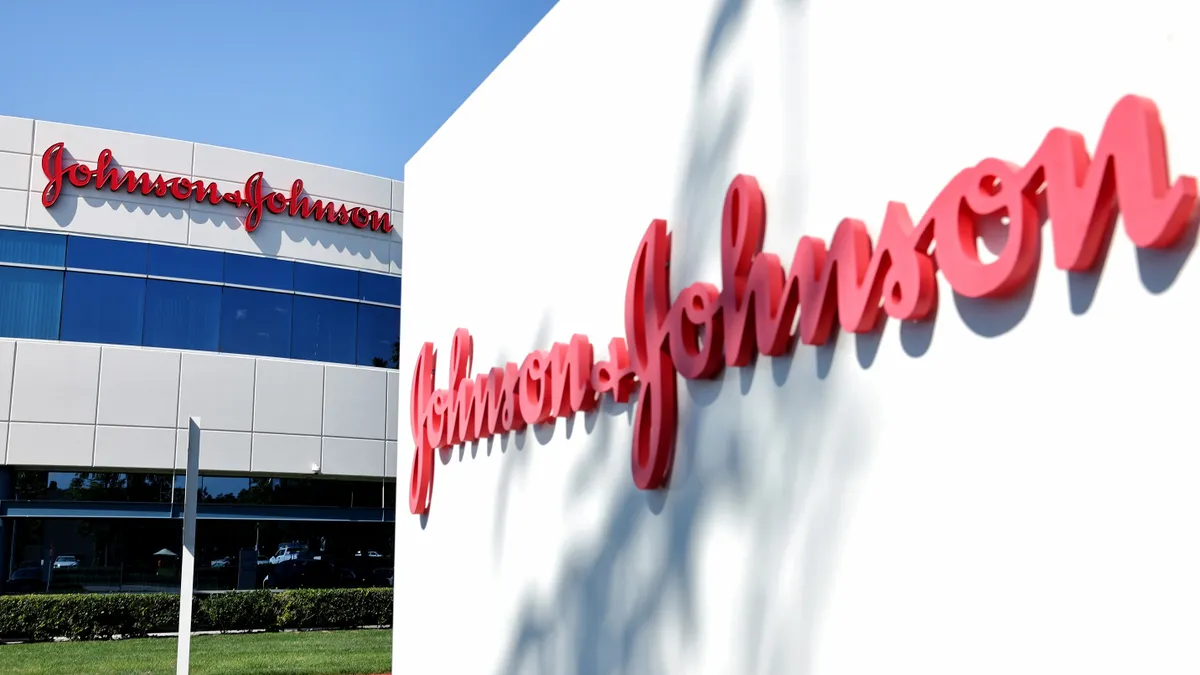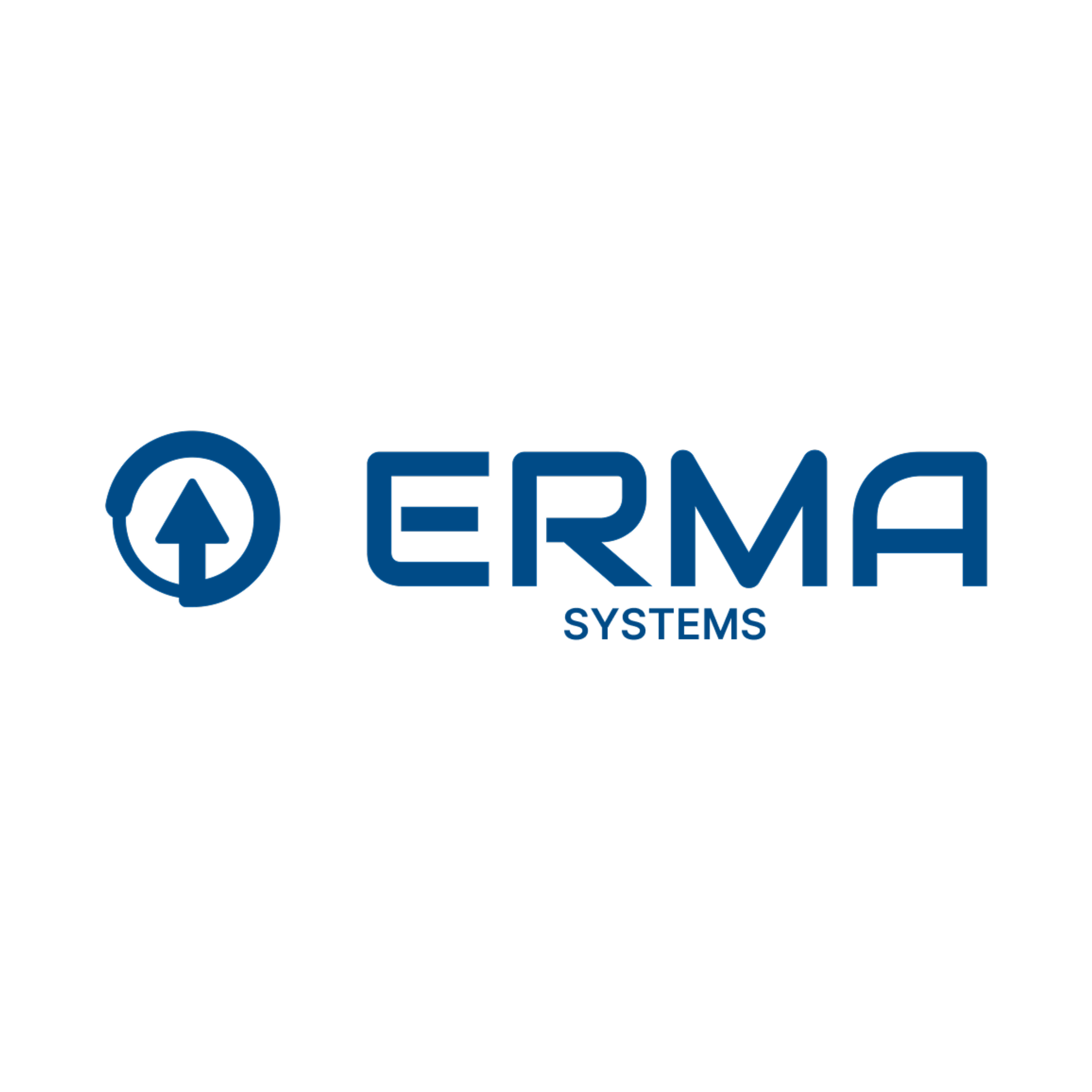Dive Brief:
- Sales of Johnson & Johnson’s cancer therapy Carvykti and immune disease drug Tremfya grew strongly during the third quarter, the pharmaceutical company reported Tuesday, as new approvals helped broaden the two medicines’ market reach.
- The growth from Carvykti and Tremfya comes as J&J prepares for biosimilar competition to its second best-selling drug, Stelara, in January 2025. Biosimilars have already arrived in Europe and, alongside larger-than-expected insurer rebates, drove Stelara’s third quarter sales down 7% compared to last year.
- While analysts viewed the performance of J&J’s medical device division as underwhelming, J&J was still confident enough in its outlook to raise operational sales guidance for the full year slightly. The company’s shares rose in morning trading Tuesday.
Dive Insight:
A product like Stelara, which booked nearly $11 billion in sales in 2023, is tough to replace when it loses patent protection. AbbVie is already navigating its way through the loss of market exclusivity for its rheumatoid arthritis drug Humira, but had the good fortune of having two new products, Skyrizi and Rinvoq, that treat some of the same diseases as Humira.
Stelara, a biologic drug for autoimmune digestive and skin disorders, is expected to have U.S. competition starting Jan. 1 from Amgen’s Wezlana, which has an “interchangeability” designation that permits direct substitution by pharmacists. Others may launch in February.
The sales trajectory of Humira, which fell more than 30% in 2023 following U.S. biosimilar entry, is a “relatively good proxy” for what to expect with Stelara, said Joe Wolk, J&J’s chief financial officer, during the company’s earnings call Tuesday.
In Tremfya, J&J believes it has a successor of “Stelara size or bigger,” Jennifer Taubert, J&J’s innovative medicines chief, said on the same call. While quarter-on-quarter growth was held to 9% in the U.S. by the same rebate issue that affected Stelara, Tremfya has received an expanded approval in ulcerative colitis. J&J is looking to expand into Crohn’s disease, too.
Meanwhile, J&J’s cancer cell therapy Carvykti got a boost with Food and Drug Administration approval for use in people with multiple myeloma who have relapsed after one line of treatment, an expansion into earlier treatment from its prior clearance.
Approval of two manufacturing sites, one in New Jersey and another in Europe, has boosted capacity and allowed J&J to reach more patients, Taubert said. Manufacturing is a particular bottleneck with CAR-T cell therapies like Carvykti because they require genetic engineering of each patient’s own immune cells.















